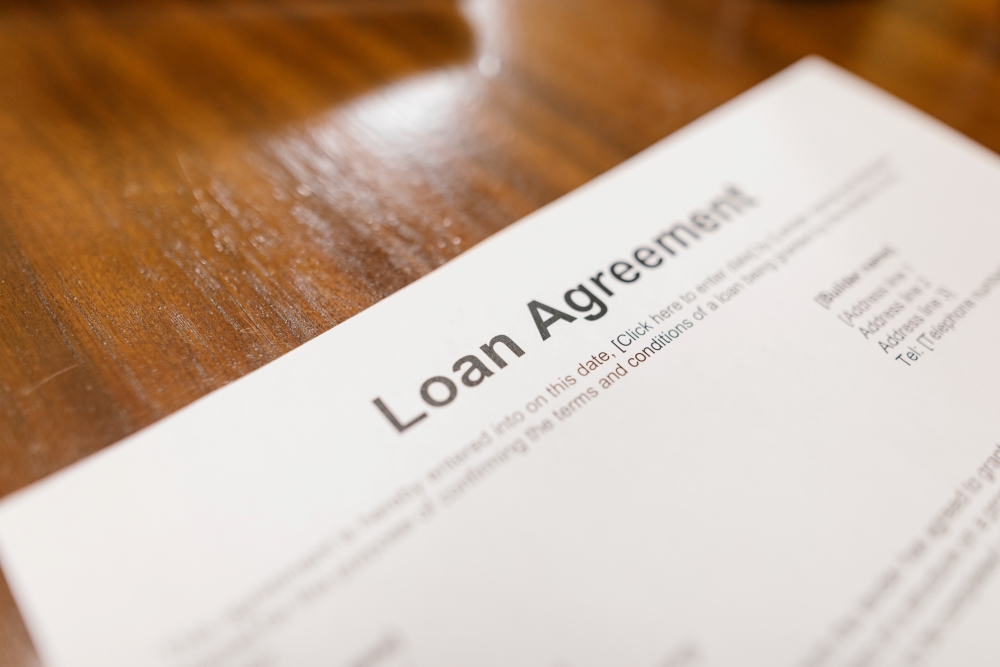Can you strike off a company with debts?
We often get asked this question: ‘can I strike a company off that has debts?’ This question often comes from directors who are struggling to keep their businesses afloat.
Like many questions about liquidation and company closure, the answer depends on your circumstances. At 1st Business Rescue, we provide advice with directors as the priority.
Businesses tend to close for one of two reasons. These usually include either the owner having had enough, retiring or trying something different and therefore wanting to close the company or the business being unable to pay debts on time. A company that cannot afford to pay debts on time is usually labelled as insolvent.
If you decide it’s time to close your business, you’ll be pleased to know that it’s usually quite easy. This, of course, depends on your situation.
If your business is debt-free or hasn’t been trading for three months, or you know you can pay your debts off before you intend to close the company, then you’ll want to strike the limited company off.
You should not use the striking off/company dissolution process to close your company if you have outstanding debts. The striking-off method involves a company being removed from the Companies House register. It does not require a licensed insolvency practitioner.
Striking off a solvent business
Directors of solvent companies often use the method of striking off. This is done so that the director can afford to pay back the debts the company owes without having to continue operating the business as usual after.
When a solvent company uses this method, they will pay their outstanding debts, inform HMRC and provide a final, up-to-date set of accounts. If there is any money left in the business following this, it will be distributed among the shareholders of the business. The striking-off application is known as a DS01 form. Once this has been filed, the limited company will cease to exist and be removed from the Companies House register.
Striking off an insolvent business
If your business is insolvent, then it’s likely that you are struggling to pay company debts when they fall due. In this case, using the striking-off procedure is not really appropriate.
The best course of action is to enter a formal insolvency procedure, such as a liquidation. The most appropriate method would be a creditors voluntary liquidation. A creditors voluntary liquidation enables you to have more control but requires you to act fast. In contrast, compulsory liquidation is not advised due to a lack of control and more risk of company director scrutiny.
For solvent companies, a members voluntary liquidation or a company voluntary arrangement could be considered.
For many company directors, entering liquidation brings a new problem in itself. How do you afford to liquidate when you have no money in the business?
What are the insolvent liquidation costs in the UK?
Liquidations are costly which is often the main reason business owners attempt to use the cheaper method of striking off. However, this is not advised and will likely not be accepted. Companies who use the striking-off method with debts can be reinstated for many years after the ‘closure’. This is not something you want to deal with later down the line.
A small liquidation will cost at least £4000 (plus VAT), which many people don’t have. One option that some business owners use is accessing the money through the sale of company assets, but what if there are no assets?
What if I can’t afford liquidation?
If you can’t afford liquidation and owe debts to a range of creditors and you have no money left to pay them back, you could consider writing to all of your outstanding creditors and explaining this to them. When doing this, you should inform them of your intention to strike off the company. You could also suggest that they can liquidate your company themselves, meaning they are responsible for financing a statutory demand or a winding-up petition.
If you’ve made them aware that there is no way you can afford to pay them the money you owe, they will likely allow you to strike the company off yourself.
Strike off warning
The main problem directors face when they decide to strike off a company with debts is that any of your creditors can reinstate the company if they decide they would like the money back.
How to strike a company off with debts
The first step is to file a DS01 form which can be found on the Government website. You can complete the form online for £8 or receive a paper copy for £10. This is the cheapest way to close a limited company.
Next, you must inform creditors that you are attempting to strike off your company. You must clarify that you have no money in the business and no company assets to realise, meaning you have no way of paying them back. Be sure to send the letter as a registered post so that you have proof of delivery.
Once you have officially filed your DS01 form, your attempt to strike off will be advertised in the London Gazette and the Scottish equivalent. At this point, your creditors can object to your dissolution. While some may object to your company being struck off the register, many will see no benefit to objecting because they know you cannot pay back the outstanding debts.
Entering company liquidation
If you want to close down your limited company in the safest way, that means you don’t need to worry about having your company reinstated and being chased for outstanding debt, then you would choose a liquidation.
While liquidation is not the cheapest option, it is the most likely to give you peace of mind and protect you in the future.
If you are worried about how you will pay for your liquidation costs, you should consider looking into company director redundancy pay. The average director redundancy payout is £9000, which should be more than enough to cover or at least help towards the cost of your liquidation. Be aware that the exact amount you will receive depends on various factors, such as your age, salary and length of service.
Striking off vs liquidation
Many directors struggle to distinguish between striking off a company and liquidating. While in both cases, the result will be company closure, there are some huge differences you need to consider to ensure you don’t get into trouble and end up being held personally liable for company debts.
Here is when you can strike a company off:
- No trading or business activities other than concluding company affairs three months prior to the company dissolution
- Must not already be in a liquidation procedure
- Must not have any outstanding agreements to creditors (this includes – bounce back loan, owed rent, money owed to HMRC)
- Must not have any outstanding, ongoing legal action against your company (this includes if a creditor is about to issue a CCJ – you cannot strike the company off)
- All employees and creditors must have been paid in full before the company strike off
The method of striking off is an informal process with no formal investigation and very little action to be taken by you as a director. Once complete, your details will be removed from the Companies House register. Read our blog on strike-off vs liquidation.
Striking off with a bounce back loan
You might be wondering, can I strike a company off that still owes a bounce-back loan? You cannot use the striking-off method if you’ve taken a bounce back loan. Previously there was a loophole that meant directors were able to slip through the net and use this method. However, a new law has come into force to prevent this.
If you have a bounce back loan and your company is insolvent, your only option is to use a liquidation process. This is the only way the bank can access their guarantee from the government and claim back the money you owe.
The bank who lent you the loan will be tracking your company whenever you do anything, whenever you submit accounts, any CCJs, or winding up petitions, they will be made aware. When they find out that you have filed a DS01 form in an attempt to strike off the company, they will object.
We recommend sticking to the liquidation route if you have any outstanding debts, and please do not try to strike off the company with a bounce back loan. This could lead to enforcement action and personal liability.
Can I close my company myself?
No, if you use a liquidation process, you cannot close the company yourself. You must use a licensed insolvency practitioner to close the company in the UK. However, if you are using the strike-off method to remove details from the Companies House register, yes, you can complete the form yourself if you meet the necessary criteria.
If you have debts but not a bounce-back loan, please make sure that you inform your creditors that you cannot afford to pay the debts. We’re always happy to offer our advice. Read about what happens if you can’t afford to liquidate your company.
Strike Off FAQs
What does it mean to strike off a company?
The process of striking off a company is very simple and is the cheapest way to close a company. However, you must have no outstanding business debts. You will be unsuccessful if you attempt to strike off a company with debts unless you write to the creditors to let them know what you are doing and the debts are minimal.
When a company with no debts attempts to strike off, it will be advertised in the gazette. If there are no objections, the company will be removed from Companies House and will cease to exist.
Where can I find more information about striking off a company with outstanding debts?
You are not supposed to use the strike-off method to close a company with outstanding debts. If you aren’t sure what the best option is, get in touch with us. We’re more than happy to provide you with transparent advice.
Can HMRC Chase a Dissolved Company?
Yes, if you dissolved your company with debts, you will be found out. Any creditor can reinstate your company for 20 years after it is struck off the register. If this happens, you will be required to find the money to pay back the creditor.
HMRC is one of the biggest creditors in the UK, so they are unlikely to give up and let you off your business debts.
What are the Objections to a Company Strike Off?
Objections to a company strike-off will likely occur if you have outstanding debts. You cannot strike off a company with debts, so do not attempt to.
Youtube - 1st Business Rescue
Please get in touch and we’ll come back to you
without delay.
Call 0808 506 2246
Text 07717 738 167
Complete a Free Online Enquiry





